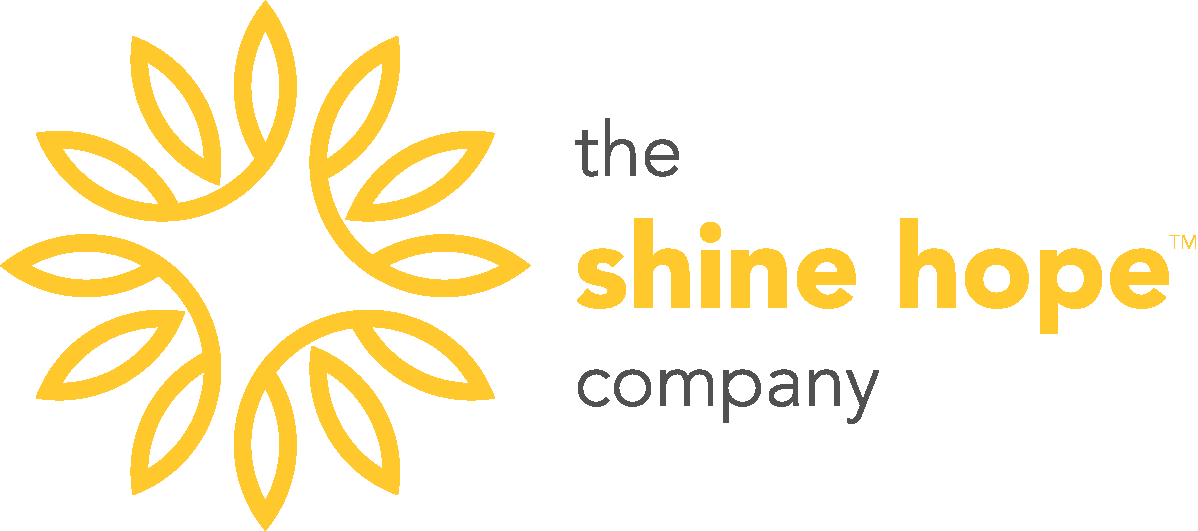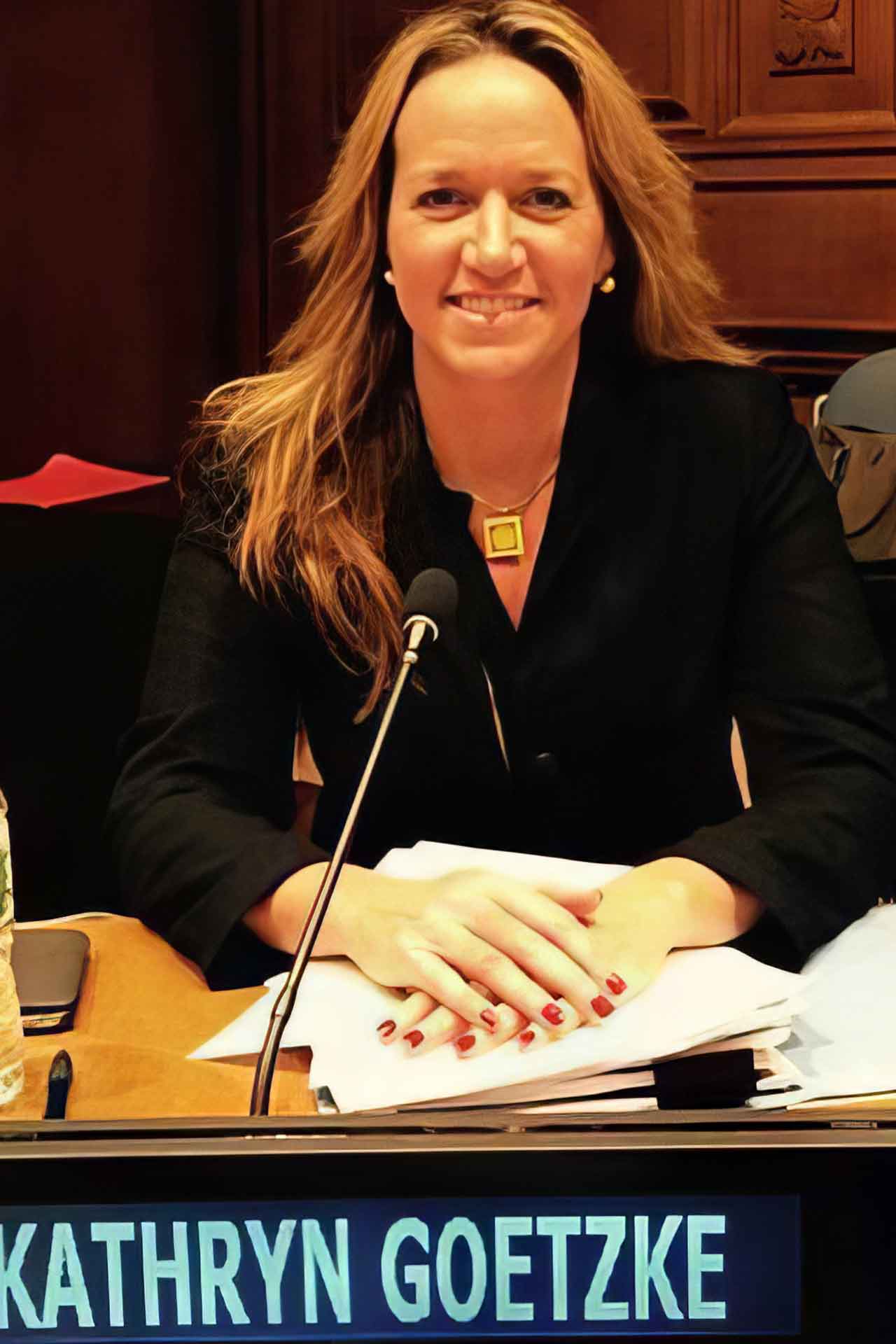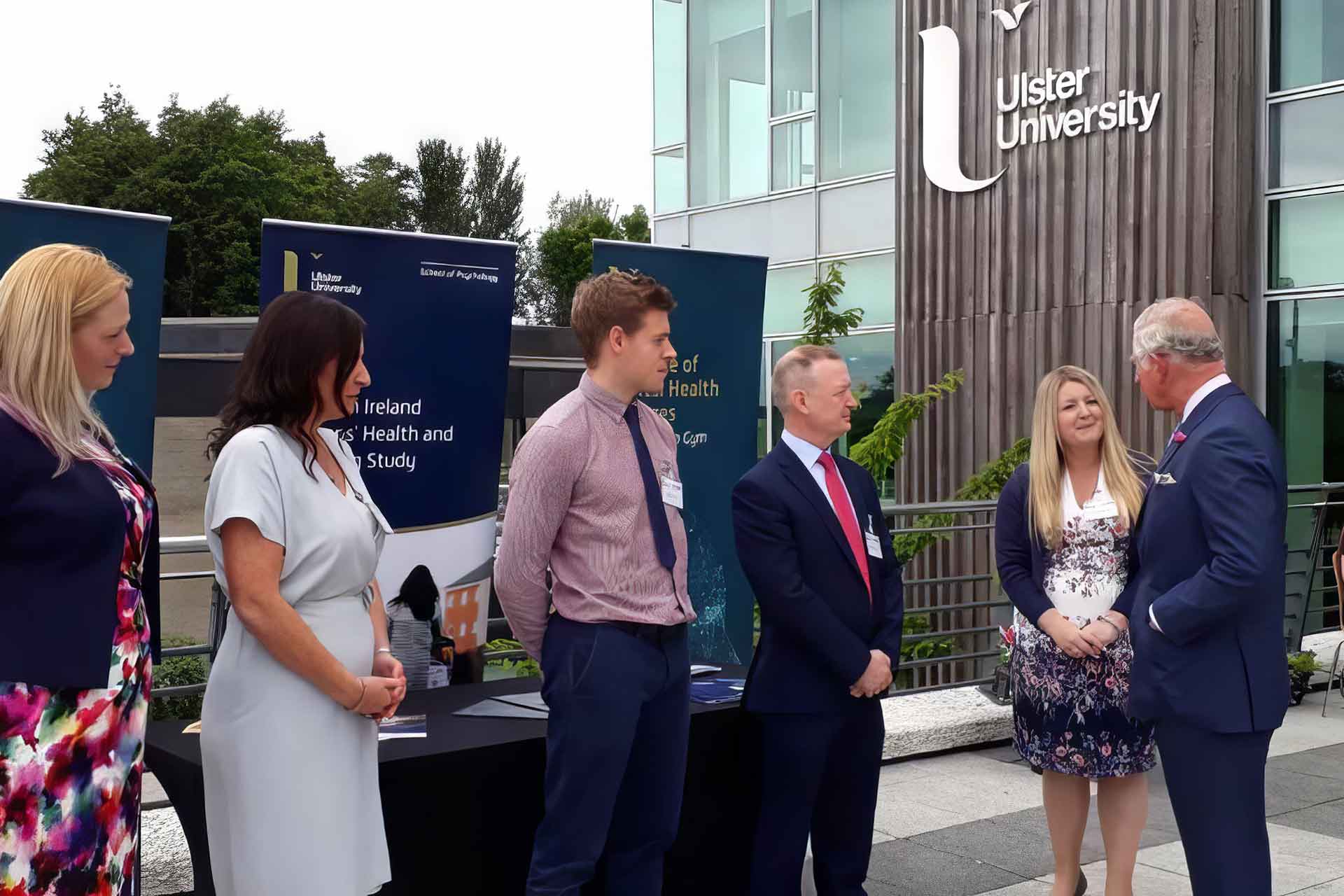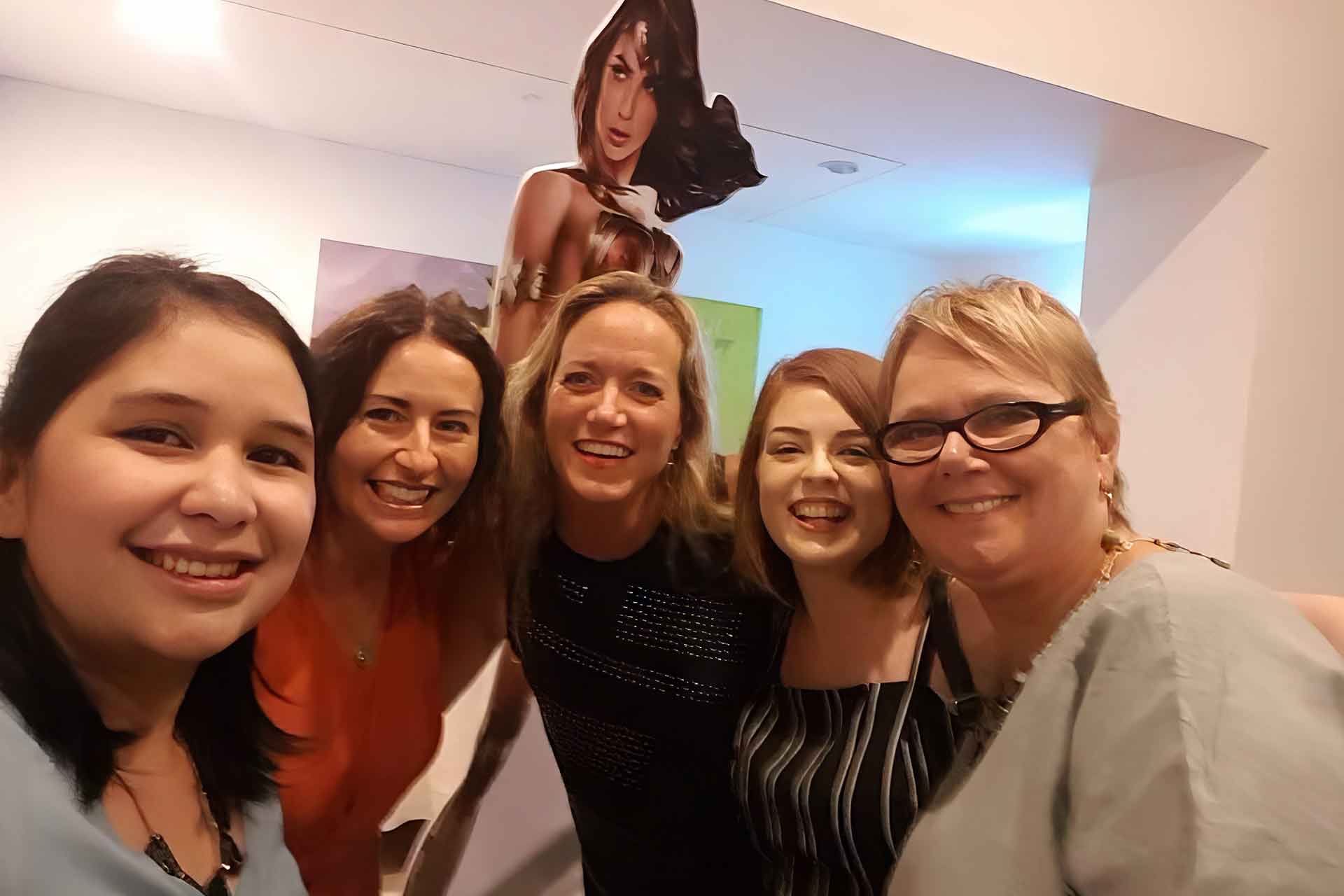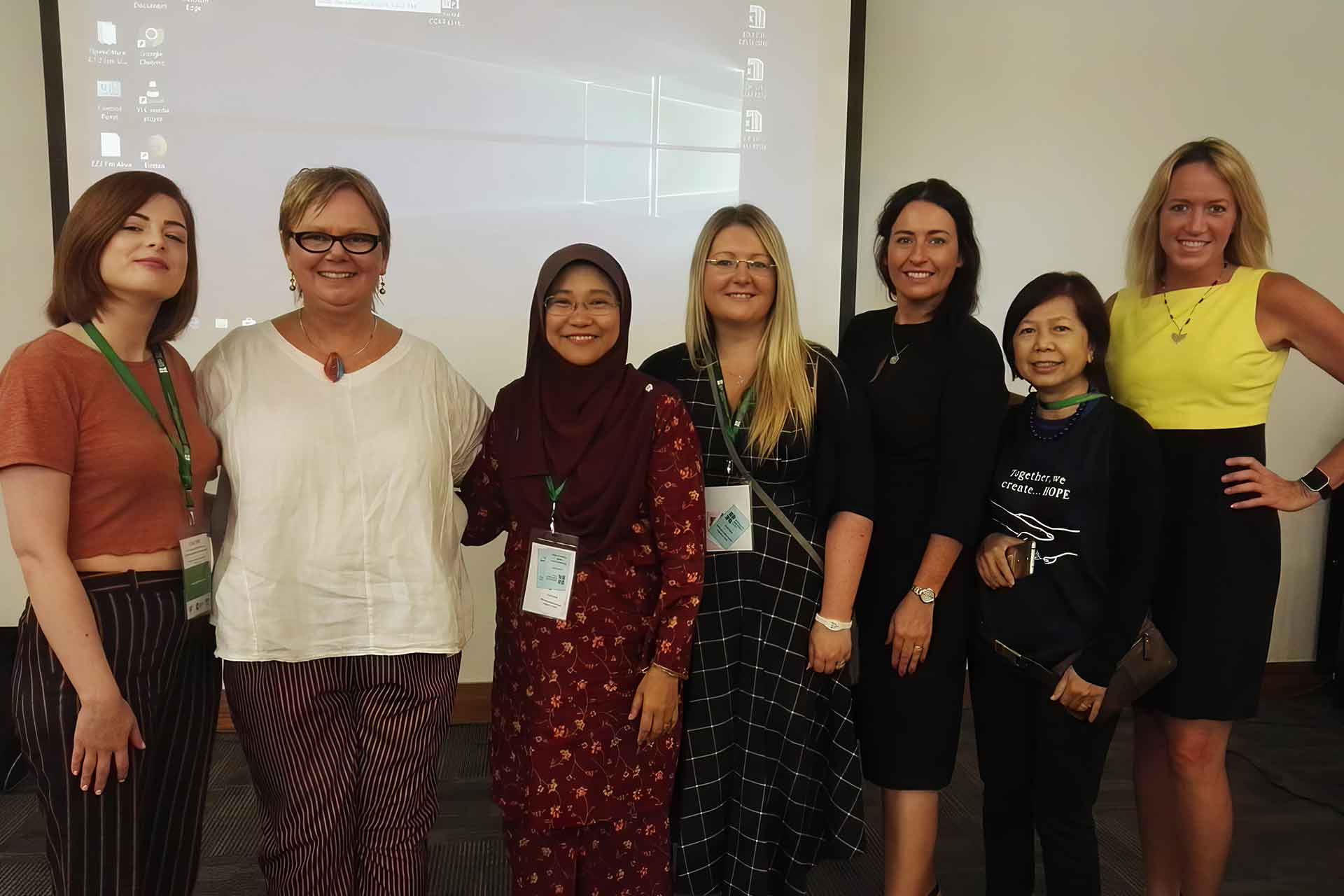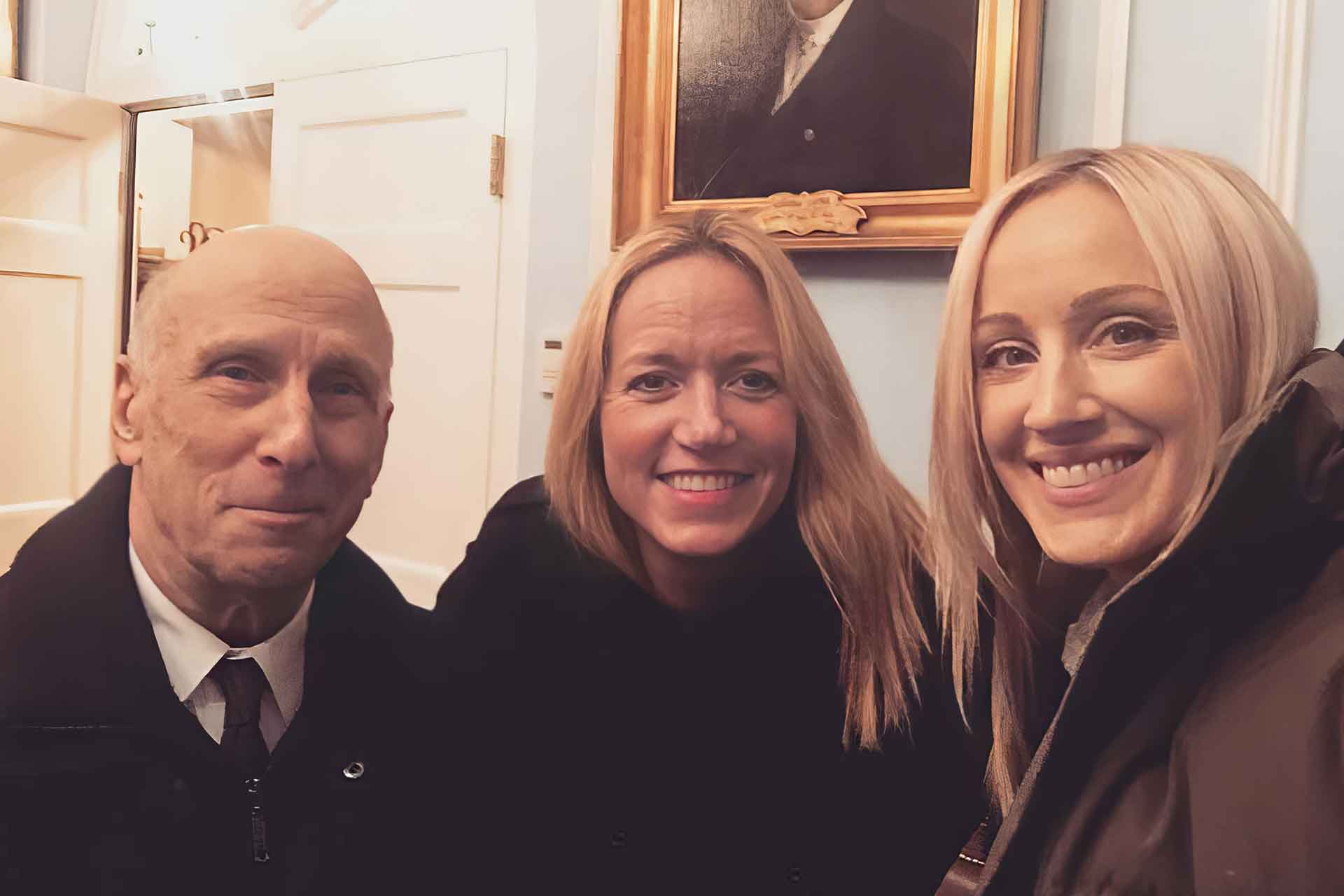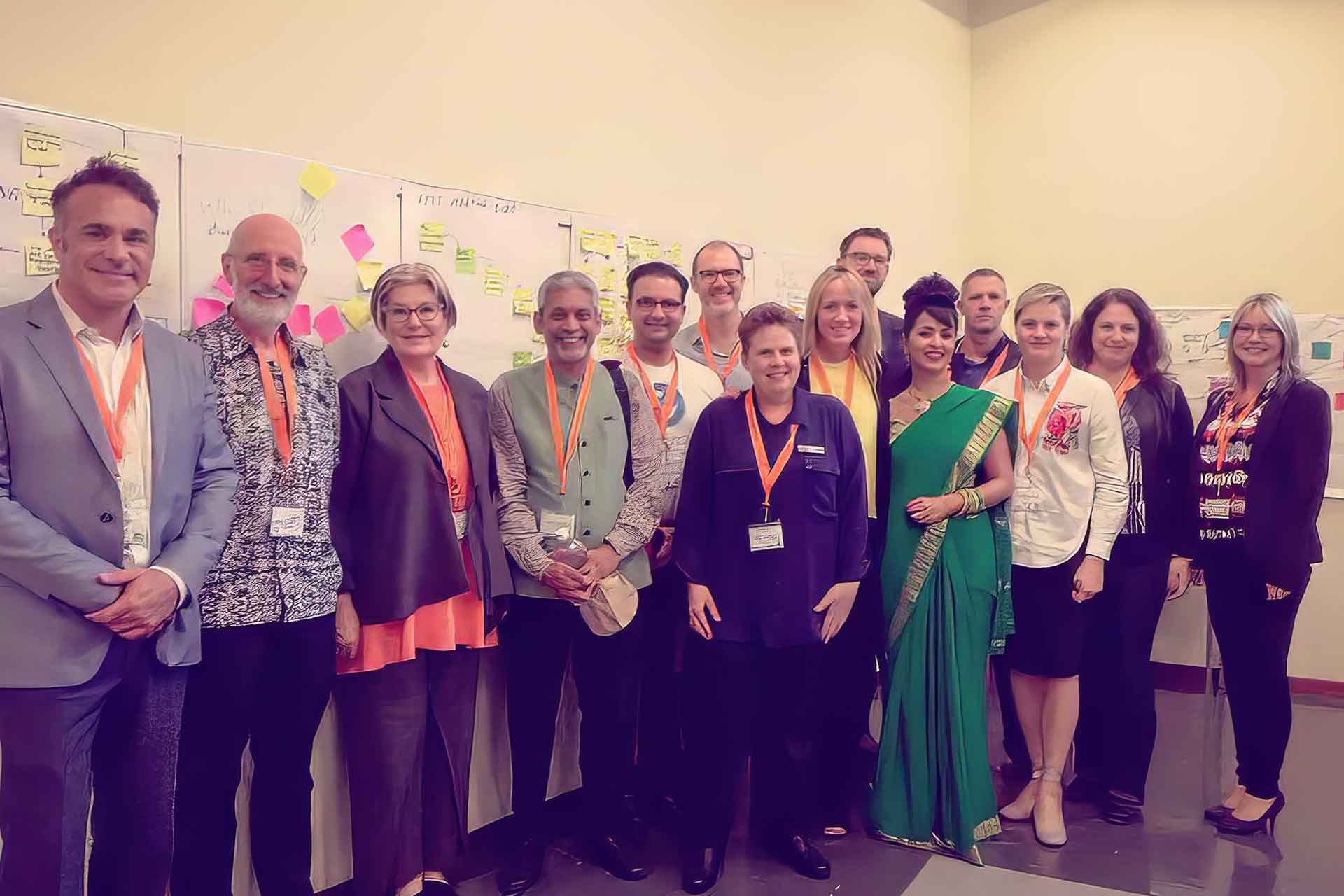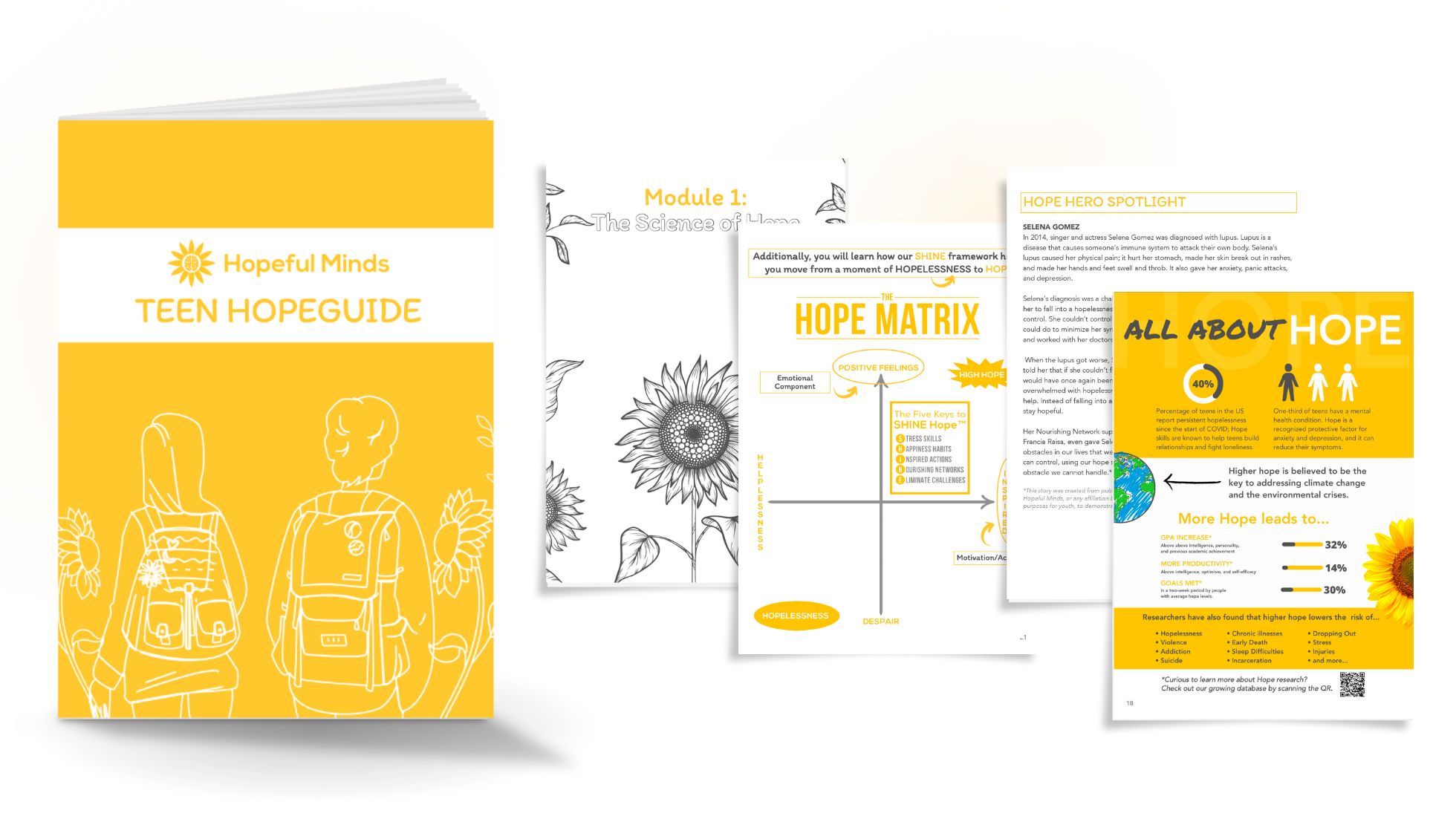Our Founder’s Story
Our founder, Kathryn Goetzke, started the mission of activating Hope at an early age. Growing up, she was very close to her dad and tried to help him; however, he tragically died by suicide when Kathryn was 18-years-old. Kathryn also has a history of depression, post-traumatic stress disorder, anxiety, attention deficit-hyperactivity disorder, eating disorders, addictions, and her own suicide attempt.
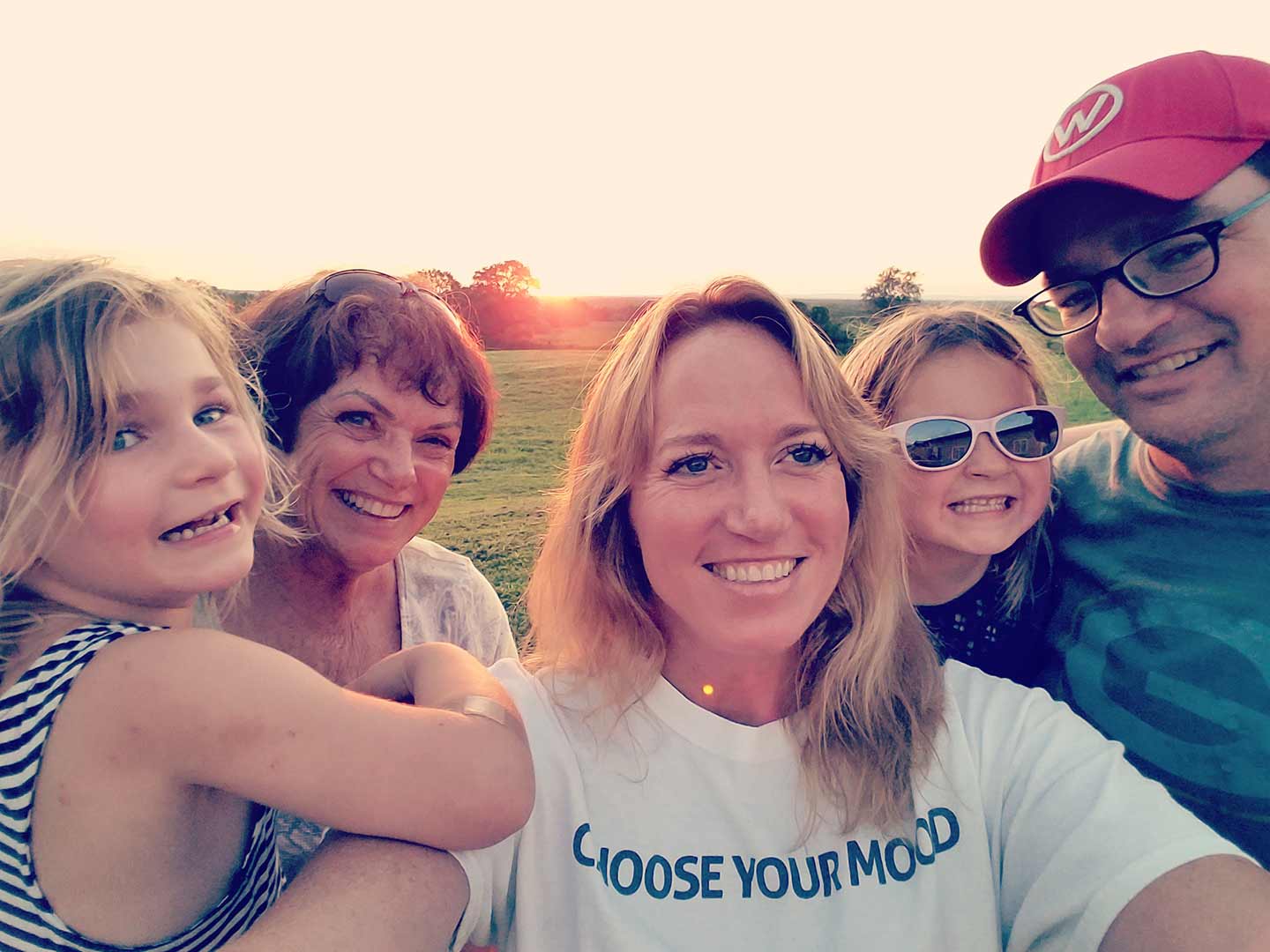
She taught herself ‘how’ to hope.
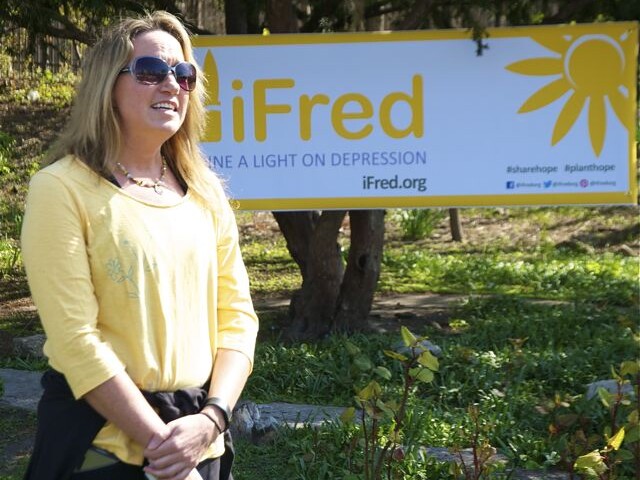
Doctors said this put her at a very high likelihood of dying by suicide, yet she knew the current methods of suicide prevention weren’t going to help her. So she decided to figure out what cause suicide. And research was clear. The single consistent predictor of suicide was hopelessness. And based on her personal experience, she believed it.
So she set out to figure out how to get to the opposite; hope. She had a hypothesis that hope was a teachable skill, created a program to do so, and proved her theory. And found that as hope increased, symptoms of anxiety and depression decreased. She swears by it to this day.
Kathryn was luckher father taught her all about the world of business as a commercial retail banker for the First National Bank of Chicago. He worked with greats like Sam Walton, and made sure Kathryn met all of his colleagues so she could learn their innovative ways and she uses that to create programming with a positive ROI that impact humanity in a positive way, so businesses can’t say not.
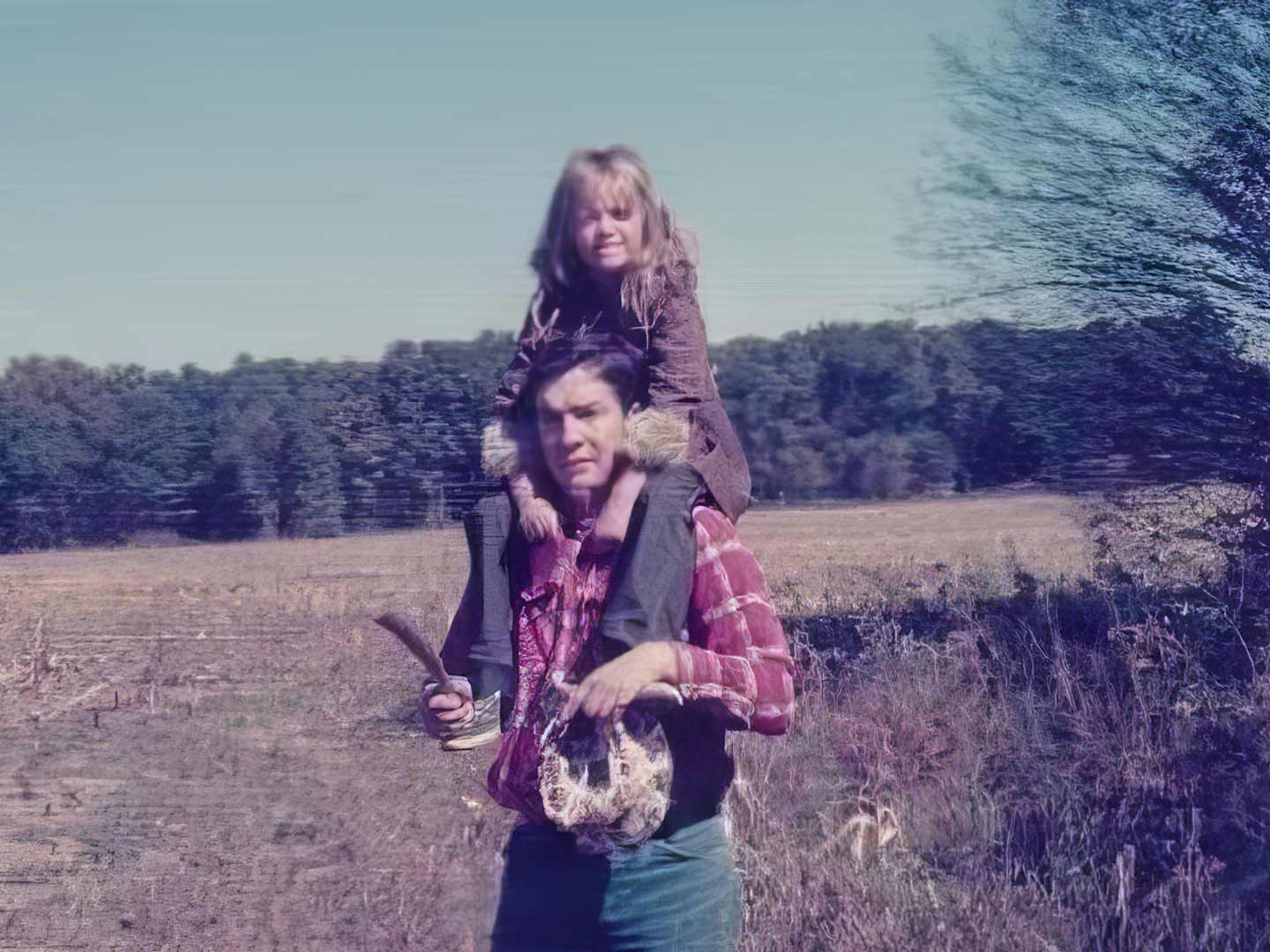
2004
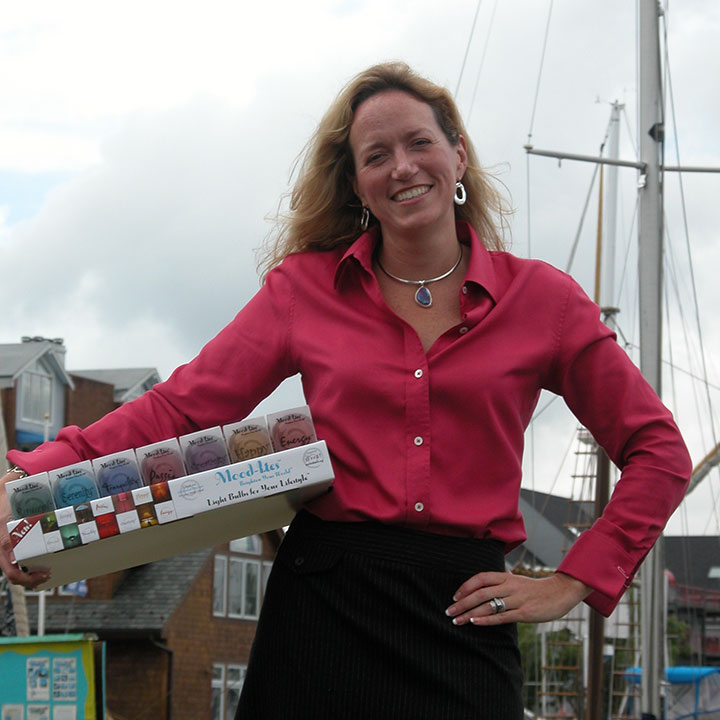
At age 33, Kathryn took the knowledge she learned from her dad and her work experience and launched The Mood Factory and iFred, The International Foundation for Research and Education on Depression. Kathryn created the first ever nationwide cause marketing campaign for mental health, where she sold over 9 million Mood-lites and raised over $1 million for charities, including the nonprofit she founded, iFred. She also started her journey to sobriety and became committed to setting an example to youth that they can lead a healthy, productive, and engaging life without substance use.
2005-2013
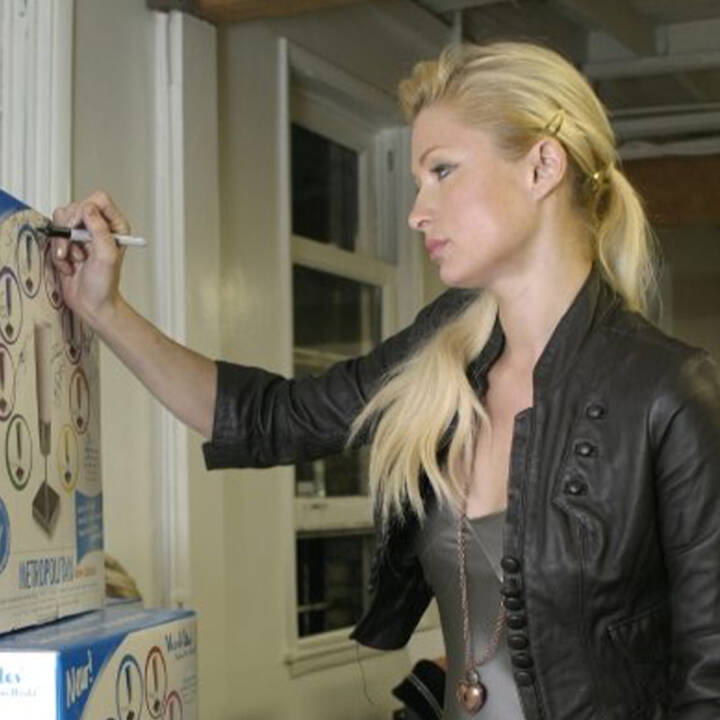
Kathryn continued to work hard at promoting her brand and advocating for mental health awareness. The Mood Factory featured products at shows, where Jessica Alba and Kristen Bell chose their favorite moods (Passion and Happiness), and Paris Hilton signed the Metropolitan Lamp and said, “That’s hot!” Kathryn worked tirelessly on her mission, and in what she thought would take one year, took just a few more. Yet she never lost hope and eventually got a major distribution deal with Lowe’s Home Improvement, going on to sell over 9 million Mood-lites.
2009
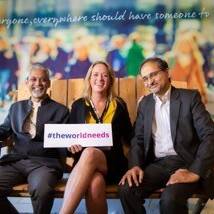
Kathryn attended the Global Mental Health Movement Conference in Athens, Greece during a time when she had limited resources, yet a lot of ambition. At the conference, she spoke about the need to rebrand mental health and shared strategies like educating on the biology of the brain, getting celebrities and thought leaders to share their stories, using universal symbolism, featuring more positive imagery, and focusing on success rates of treatment. Kathryn learned about global human rights abuse and became more committed to making a difference. Kathryn also helped the BBC conduct live interviews at the Global Mental Health Movement Conference and joined the Global Mental Health Movement Advisory Board, an organization started by Vikram Patel. She also started attending the World Health Organization’s MhGap forum every year in Geneva, Switzerland, learning from brilliant scientists, healthcare leaders, and strategists in global mental health.
2012
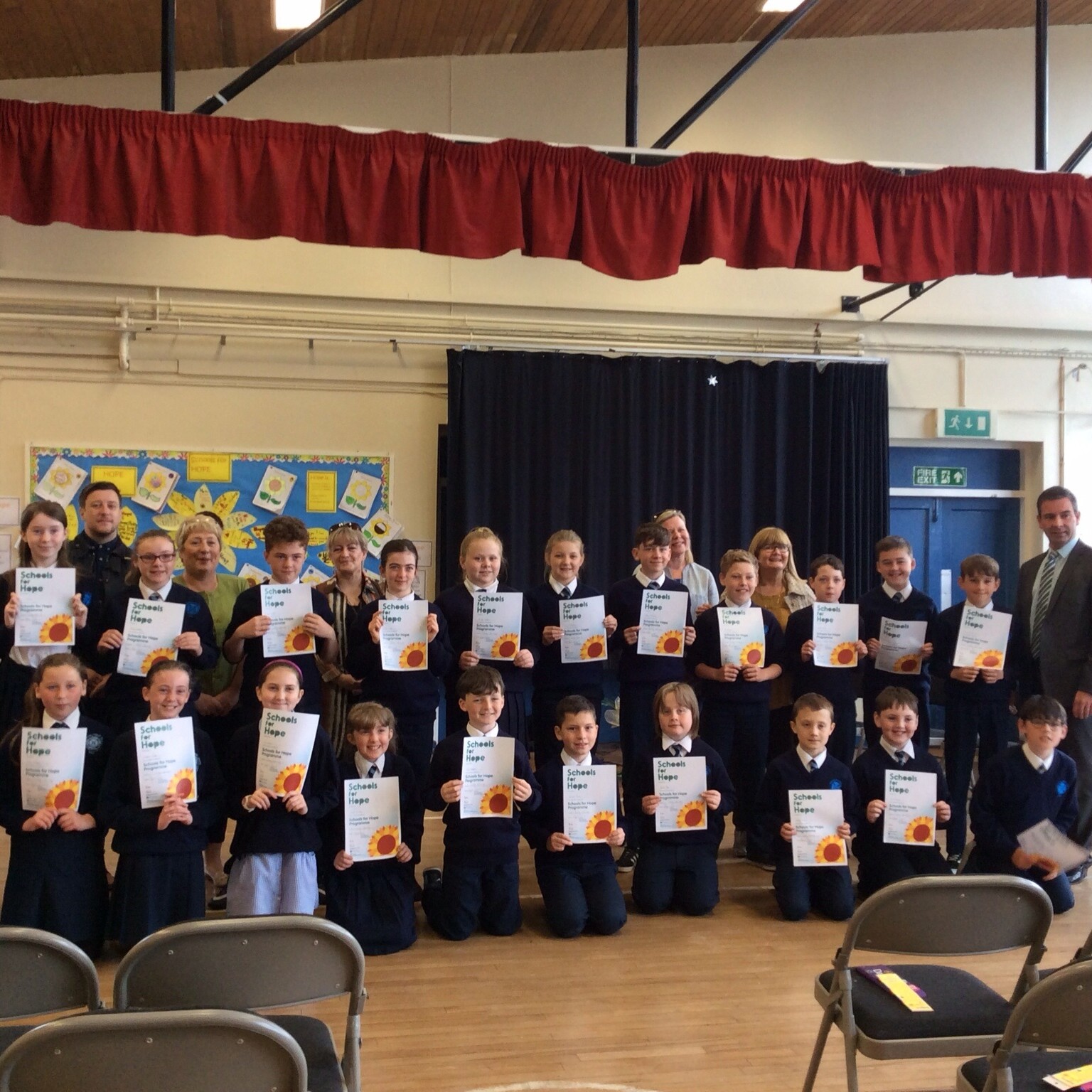
Kathryn developed and wrote the first draft of Schools for Hope, which is now known as Hopeful Minds, a no-cost evidence-based program used to teach children hope around the world. Kathryn became absolutely obsessed with hope, spending most of her time figuring out ‘how’ to hope, not just for herself, but so she could teach the world.
2015
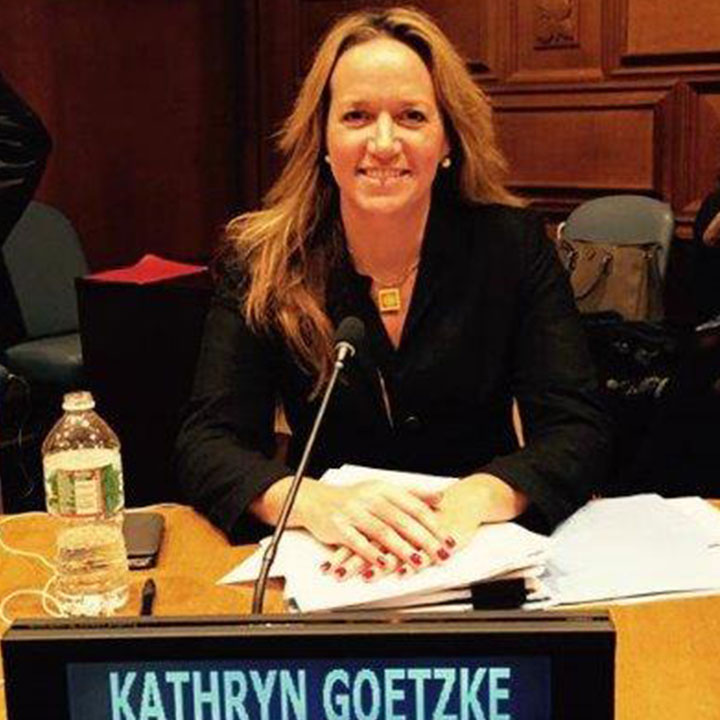
Kathryn spoke at the United Nations on behalf of Fundamental Sustainable Development Goals, making the case for why mental health was a critical component for meeting the Sustainable Development Goals. She created the video played at the World Health Organization’s MH Gap Forum to showcase the need. She attended the MhGAP forum yearly, learning from the best scientists in the world, including Dr. Myron Belfer, a Harvard Catalyst, who became like a dad to Kathryn and helped her hone her research skills.
2016
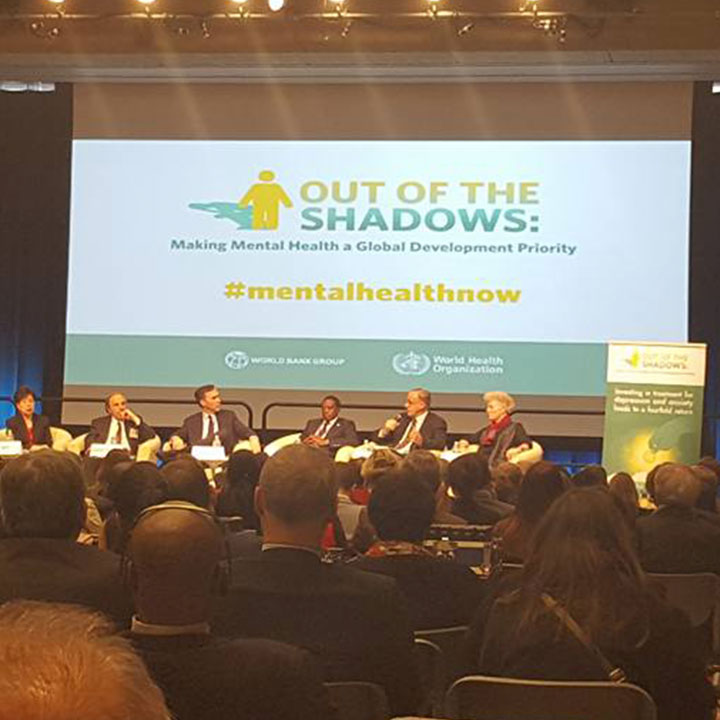
A woman in Northern Ireland by the name of Marie Dunne googled ‘Is hope teachable?’ And the Schools for Hope came up in her search. Marie reached out to Kathryn, and Kathryn traveled all the way to Ireland to meet Marie Dunne and Dr. Karen Kirby of Ulster University, and they worked to further study and improve the work. At this time, Kathryn also started studying hope in several countries and publishing her work in Malaysia, Northern Ireland, and the United States. Kathryn spoke at the World Bank and World Health Organization’s ‘Out of the Shadows‘ event, where Hopeful Minds was recognized as an innovation. Evidence was presented about the 4:1 Return on Investment for mental health interventions in the workplace, and 23:1 on prevention. Yet still people were slow to act (her dad was shaking his head!).
The documentary Teens on the Edge was produced, showcasing the work of Hopeful Minds and impact in Northern Ireland.
2017
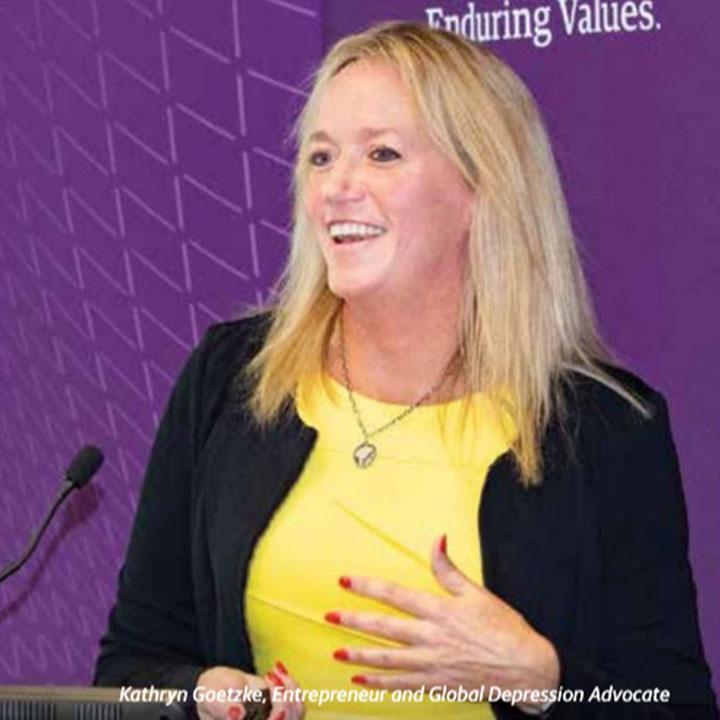
Kathryn founded Innovative Analysis, LLC, and started working to activate hope within adult populations. She consulted, studied, and spoke at workplaces, including Guggenheim, Walmart, the City of Reno, Rotary, and more, to start highlighting the work and need to activate mental health and hope resources.
2018

Kathryn paid way too much money to get a front-row seat at ‘Springsteen on Broadway’, with dreams of convincing Bruce Springsteen to do a concert for hope. No luck on the hope concert (yet), but a fantastic show!
2019
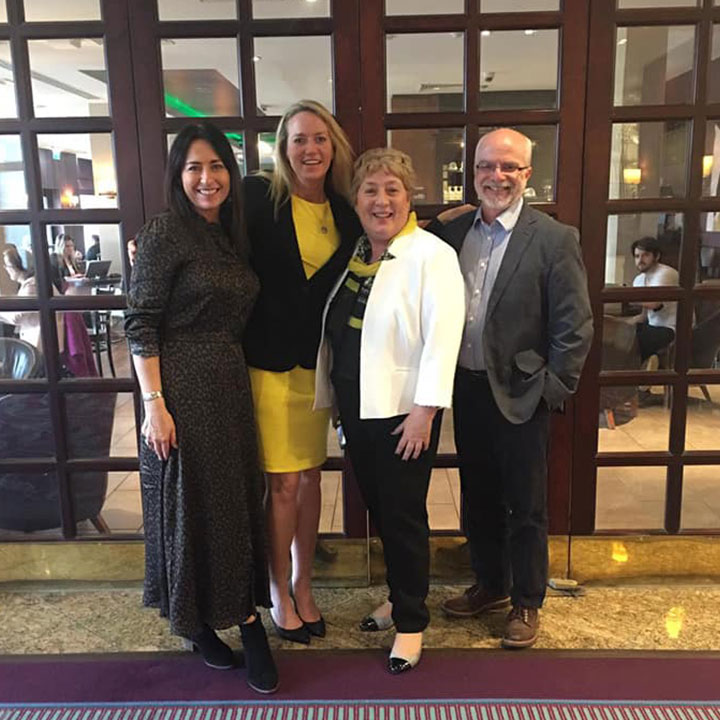
Kathryn traveled back to Northern Ireland to present at the Northern Ireland Branch Annual Conference with Dr. Karen Kirby, Marie Dunne, and Nigel Frith on Hopeful Minds. Hope is happening in Northern Ireland!
2020
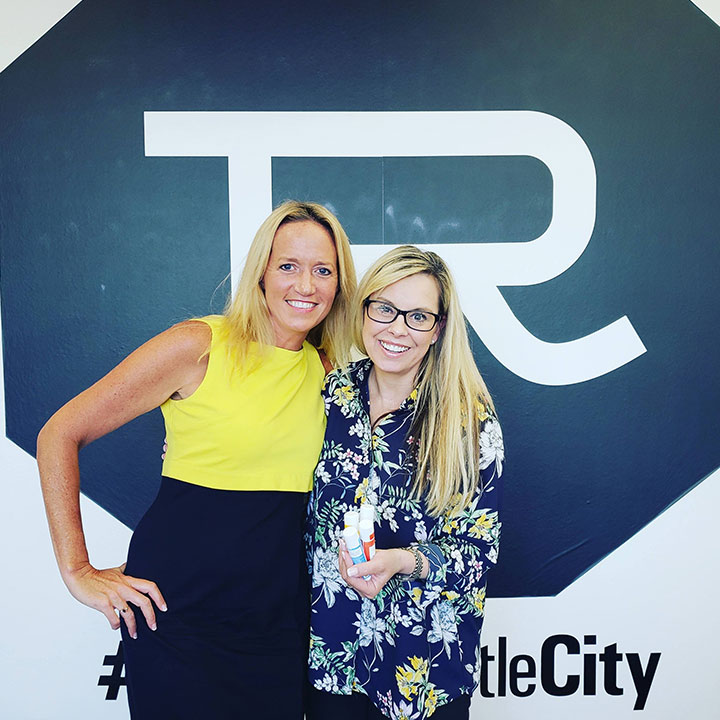
Kathryn created Hopeful Cities in partnership with Mayor Hillary Schieve, and the City of Reno, to create a movement for cities to activate the Science of Hope in their own town or community. There are resources for government, scientists, educators, artists, media, and workplaces to ensure all have strategies to know what hopelessness is, and how to activate hope. The Hopeful Cities Playbook serves as a blueprint any city, town, or community can follow. Kathryn also started The Hope Matrix Podcast, as a way to share the Science, Stories, and Strategies for hope.
2021
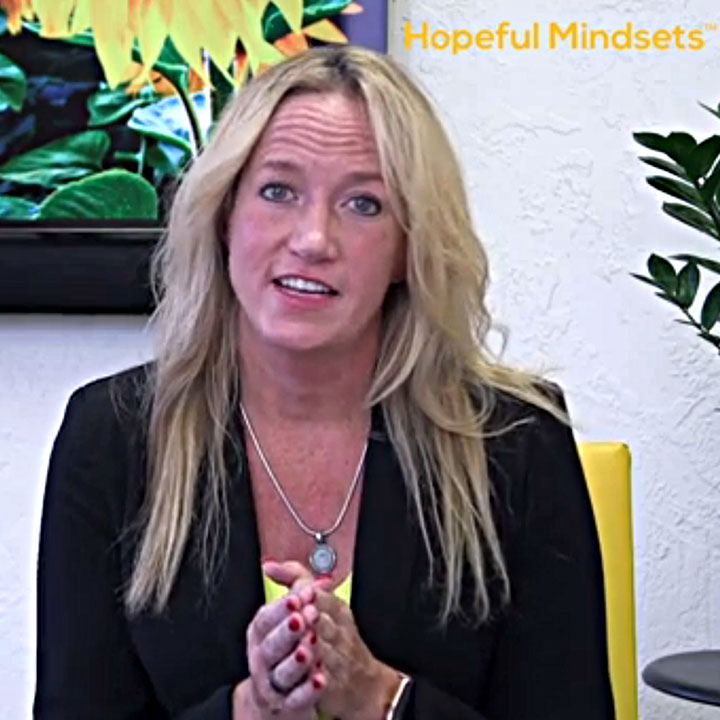
Kathryn created Hopeful Mindsets on the College Campus, setting out to create an evidence-based course colleges could use on their own campus. The research conducted, in the process of getting published, shows encouraging results about the ability to teach hope in this population. The idea is that campuses license the course with a full-scale marketing campaign on the science of hope, and the colleges use the Hopeful Cities and Hopeful Minds resources to help activate communities on hope.
2022
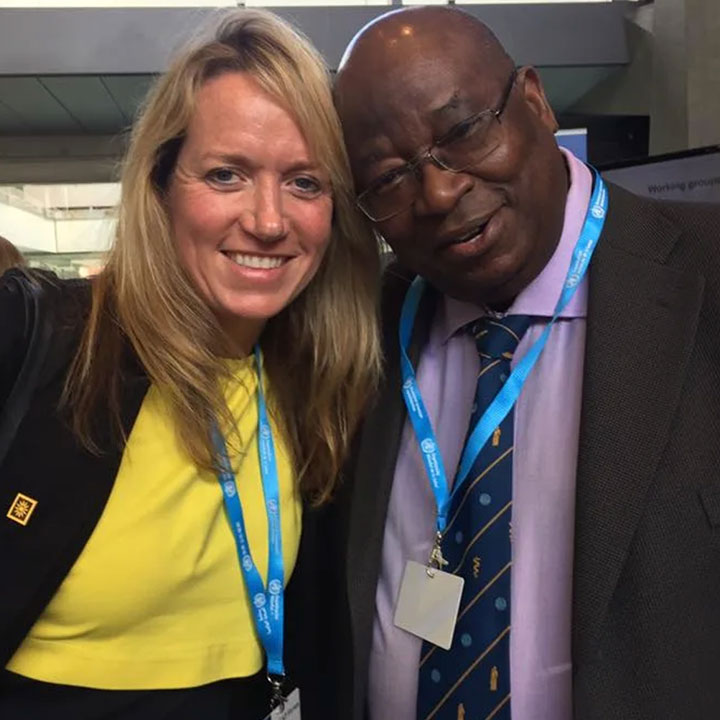
Kathryn was invited to be a representative of the United Nations for the World Federation for Mental Health. She gratefully accepted. She published the Second Edition of The Biggest Little Book About Hope, incorporating the Shine Hope™ framework and new resources. She moved her own story to the front, where it belonged.
2023
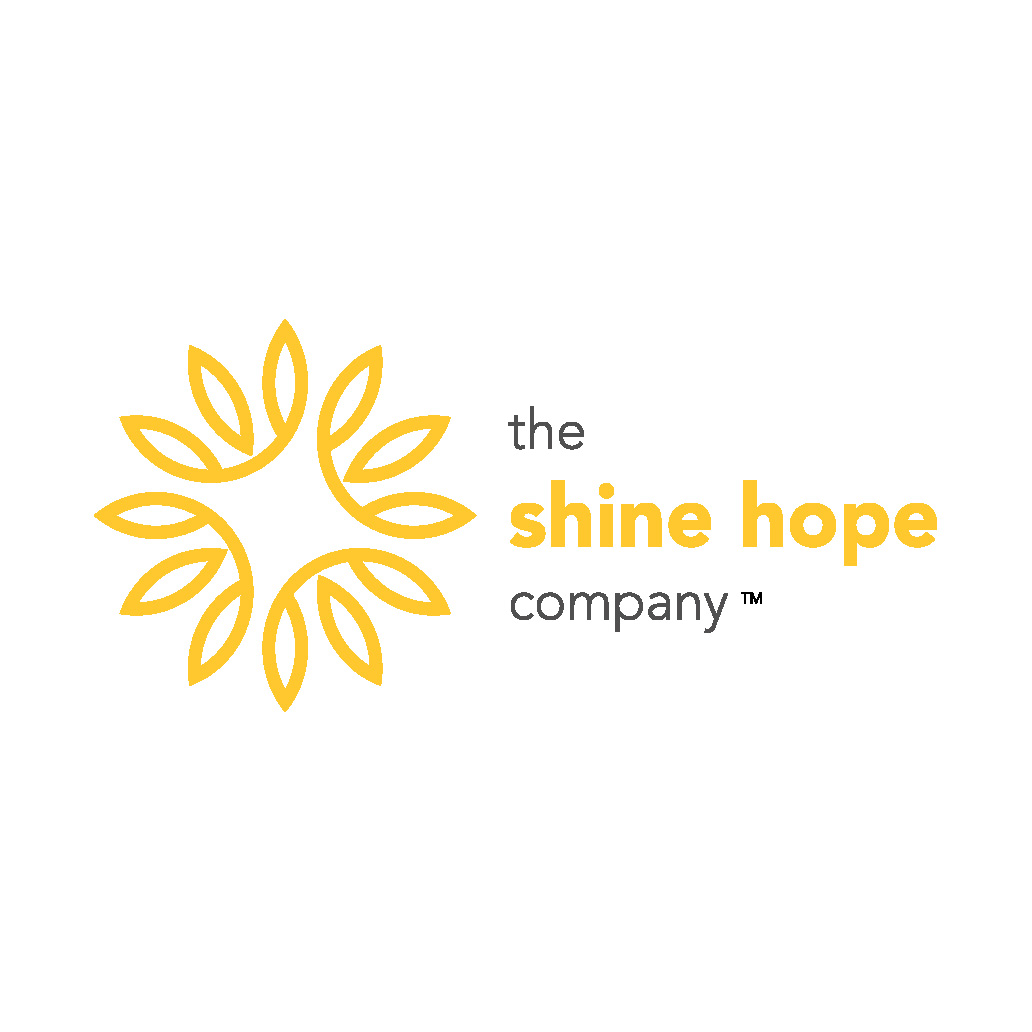
And finally, in 2023 Kathryn rebranded Innovative Analysis, LLC to The Shine Hope Company, LLC to create a global consumer hope healthcare company. The aim is to ensure all know the what, why, and how to hope, so that no matter what life brings, all are equipped with the skills they need to go from hopelessness to hope. She also rebranded the nonprofit, iFred, to The International Foundation for Research and Education on Hope (still iFred, though) to ensure all kids around the world have access to no/low-cost resources for ‘how’ to hope.
